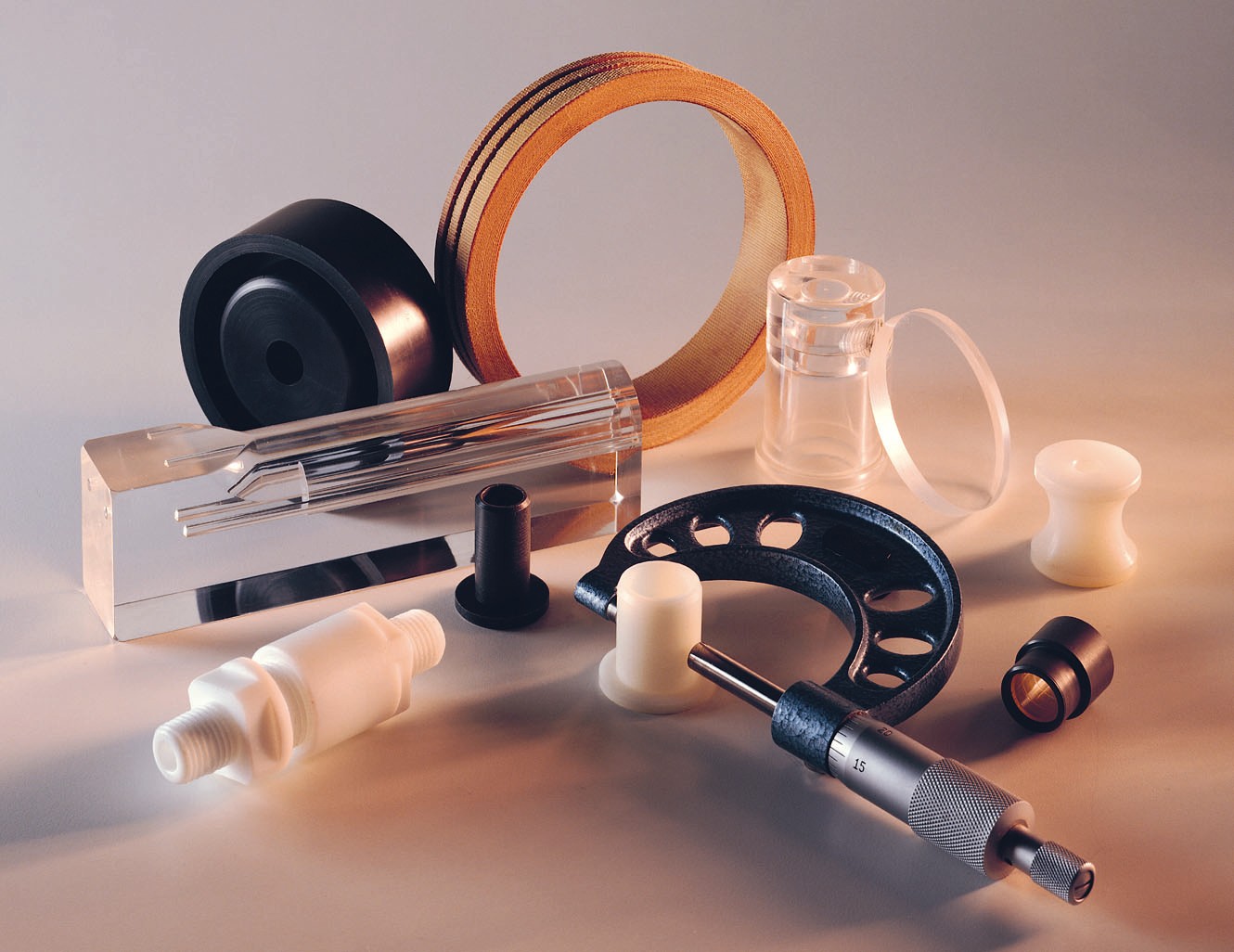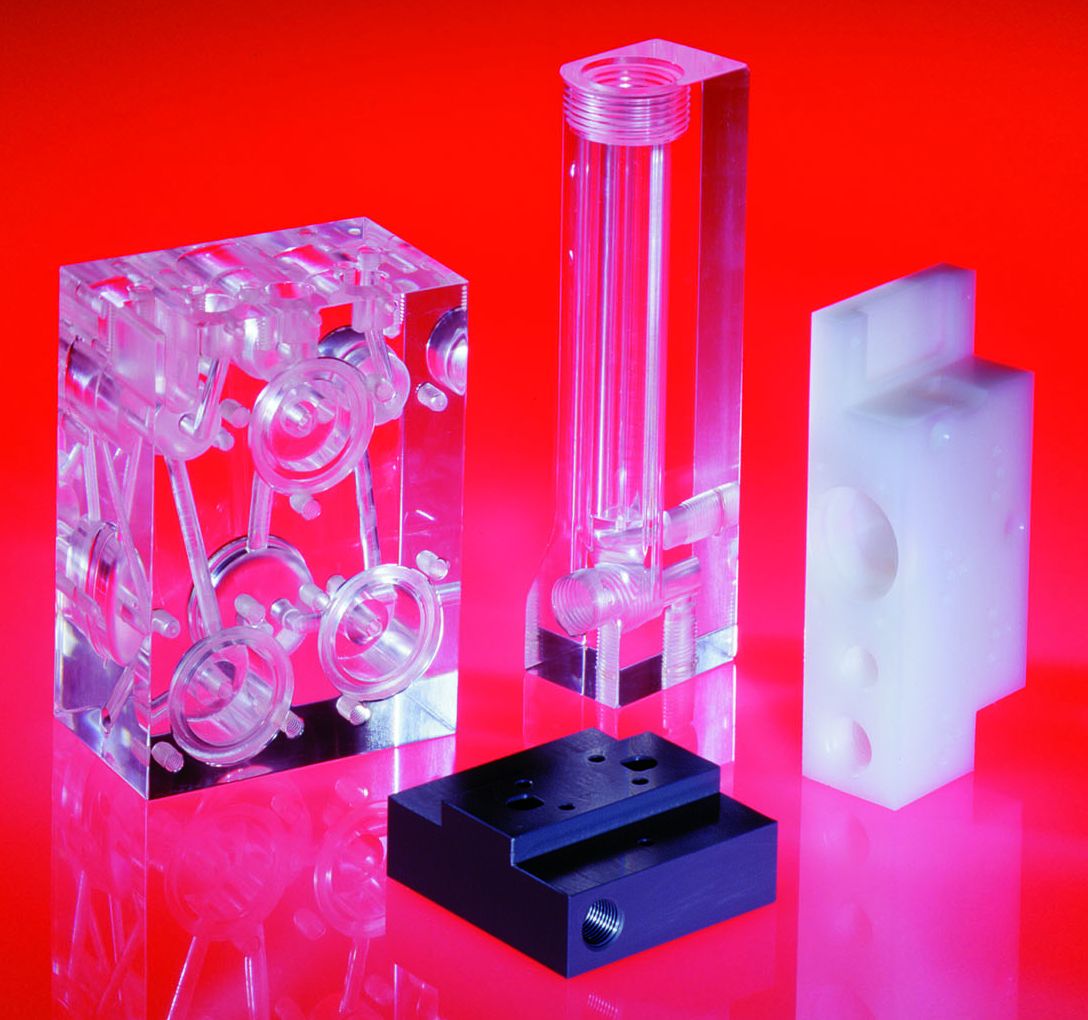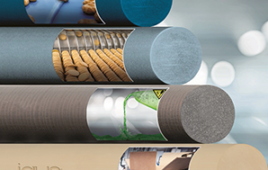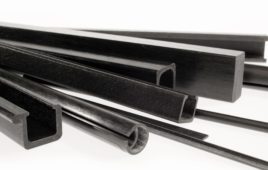
Many designers don’t realize there are plastics machining specialists. That’s why they often turn to a metal machinist to make their plastic parts. But doing so can cause the best designs to go awry.
Many designers see no difference between a metal machinist and a plastic machinist making a plastic part. The truth is, both are capable and both can probably make the part to a designer’s specifications. Both parts may work the way they’re supposed to, at least at first. But the potential for something to go wrong when the part is made by a metal machinist can cost a company time and money. The problem can arise from anything from contamination to a simple lack of expertise of how metal and plastic differ.
Take, for example, an Ohio company that manufactures precision scientific instrumentation.
One of their top customers took delivery of a new $2 million machine they manufactured. At first, it ran fine, but it soon developed an electrical problem. The company ended up taking the entire machine apart and examining it bit by bit before they finally figured out the cause of the short circuit—a tiny sliver of metal embedded in the plastic. This is the kind of contamination that can occur when plastic parts are manufactured by a metal machining company rather than a plastics-only specialist.
Even if you’re not producing $2 million machines, mistakes like this can still produce million dollar headaches. That’s because it’s difficult to clean machines used to make metal parts. A machine may look clean to the naked eye, but if there is as much as just one tiny metal fragment on a machine, it can become embedded in a soft plastic machined part. While the part may seem fine at first, over time, that metal fragment can cause the part to degrade and stop working properly.

Another pitfall
The difference between how metal and plastic parts are made can also lead to contamination with metal machining companies. Unlike plastic parts, metal parts typically require the use of oil-based cutting fluids. What’s necessary for metal, though, can wreak havoc on plastic. Many plastics are highly sensitive to petroleum-based cutting fluids and will degrade if they come in contact with them. In addition, many plastics are hydroscopic and will absorb cutting oils. When this kind of contamination occurs with parts being manufactured for FDA-approved uses or medical applications, they will not meet their standards.
Why knowledge matters
Plastics and metal machinists also differ in experience. A plastic machining expert has knowledge about the different types of plastic and how those plastics perform that a metal expert can’t be expected to know. All plastics are not alike. Dealing with a plastics expert can help you choose the type that’s right for your job.
There are also differences in the properties of metal and plastic that necessitates differences in design. For example, a metal machinist may not be aware that there is a difference between the amount of stress a metal part can handle versus a plastic part. A valve screwed on with the right torque for metal might be too much for plastic, leading to cracks. Designs, too, might have to differ when working with plastics as opposed to metal. Those sharp corners that work fine in a metal design can cause stress that lead to cracks in a plastic part. A plastics specialist should know this and suggest slightly rounding those corners—saving you precious time caused by design errors.
Choosing the right plastics vendor
If you do decide to choose a plastics specialist, keep these points in mind:
- Experience. Make sure the plastics machining expert you choose has experience with the type of machining process your product requires as well as the material you will be using.
- Information. Specialists in plastic machining should have up-to-date information and be willing to share it with you. Ask to see materials such as property charts or plastic material handbooks.
- Certification. Plastic machining vendors can keep errors to a minimum if they are highly process driven. The best ones are ISO Certified, use documented SPC (statistical process control) procedures, and own the proper inspection equipment such as CMM (coordinate measuring machine) or video inspection systems.
In the long run, working with an experienced plastics machining expert from the start could save money. It may be easier to farm out parts to that same machinist who is making metal components, but doing so could increase the risk of the parts failing within months of reaching the customer’s hands. Using a plastic machining specialist could be the difference between a machine that breaks down after a month on the job, and one that keeps humming along.
Filed Under: Materials • advanced




